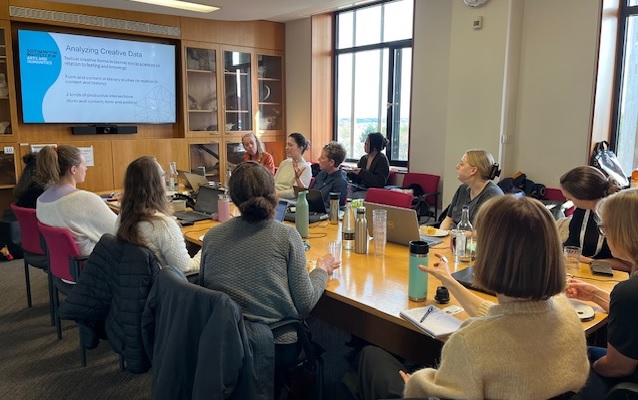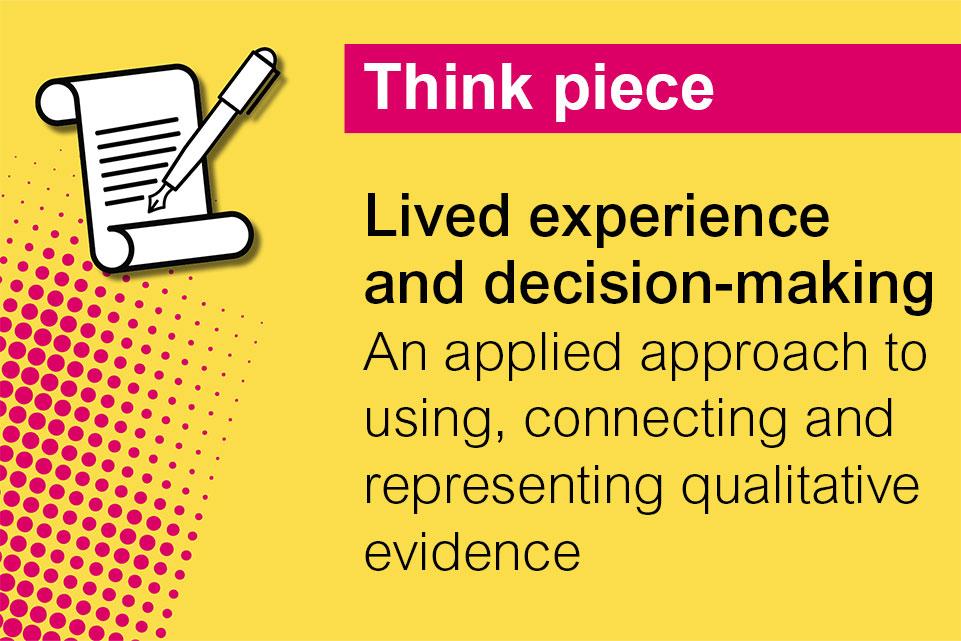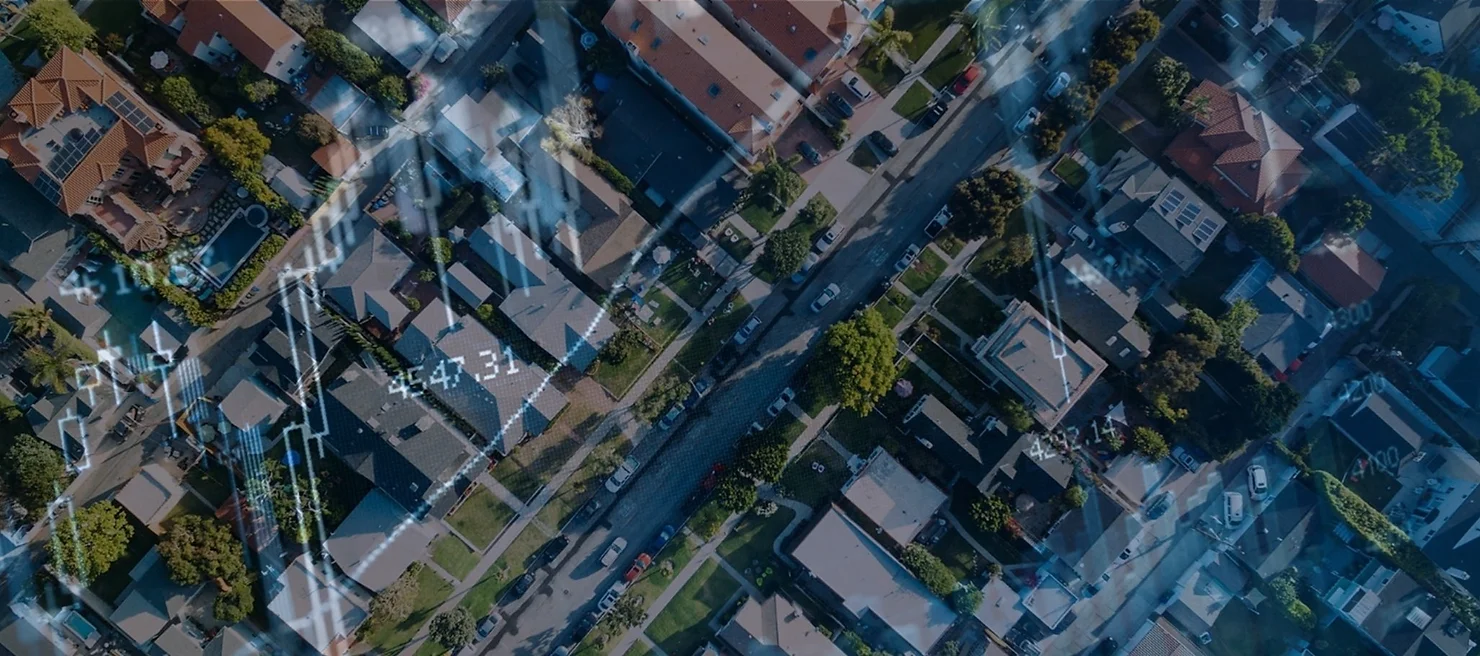The Institute for Life Sciences and Southampton Institute for Arts and Humanities hosted a joint four-day workshop to explore methods for creative data analysis, with partners from McMaster University in Ontario, Canada.
Researchers from across disciplines, including psychology and adolescent health, bioinformatics, education, interactive game design, archaeology and literary studies worked together to explore ideas, share best practice and interrogate AI techniques to analyse and generate outputs for publication.
Mary Barker, Professor of Psychology & Behavioural Science and Deputy Director of the Institute for Life Sciences organised the workshop, she said, “We had the most wonderful and exciting discussions, developing ways of taking research data collected as pieces of artwork, as poems, and even as emoji’s to represent emotions, and translate these into research outputs This was a room full of largely female colleagues, all at different stages of their careers with a genuine common interest in creative research outputs and it was an incredibly empowering and enlightening experience, which has initiated ground-breaking analyses and research papers.”
Professor Nicky Marsh and Professor Jo Sofaer, joint directors of the Southampton Institute for Arts and Humanities led an interactive session which explored both the use of applying a literary narrative model to data including Snapchat content and how creative outputs should be considered as forms of embodied knowledge – skills and behaviours that are consciously acquired as well as learned through culture and tradition. Dr Joseph Owen, SIAH Research Fellow, presented on how a range of creative data had been analysed in the AHRC-funded And Towns projects to produce outputs that informed local authority decision-making in towns and small cities in the UK.
Guest collaborators included Dr Paulina Bondaronek, Research Fellow at UCL, whose work combines behavioural science, qualitative research, and data science in work that uses machine learning in analysis of ‘big’ qualitative datasets. Woodrow Kernohan, Director of John Hansard Gallery, discussed his experiences of using creative practice in generating evidence.
Deborah Sloboda, Professor in the Department of Biochemistry and Biomedical Sciences at McMaster University who joined with members of her team added, “The conversations were wonderfully provocative, exploring brand new exciting paths of analyses that will expand and build our research. This is true interdisciplinary research at work.”
If you’re interested in finding out more about the workshop outcomes or the Institute for Life Sciences and Southampton Institute for Arts and Humanities, please contact iflsadmin@soton.ac.uk.


